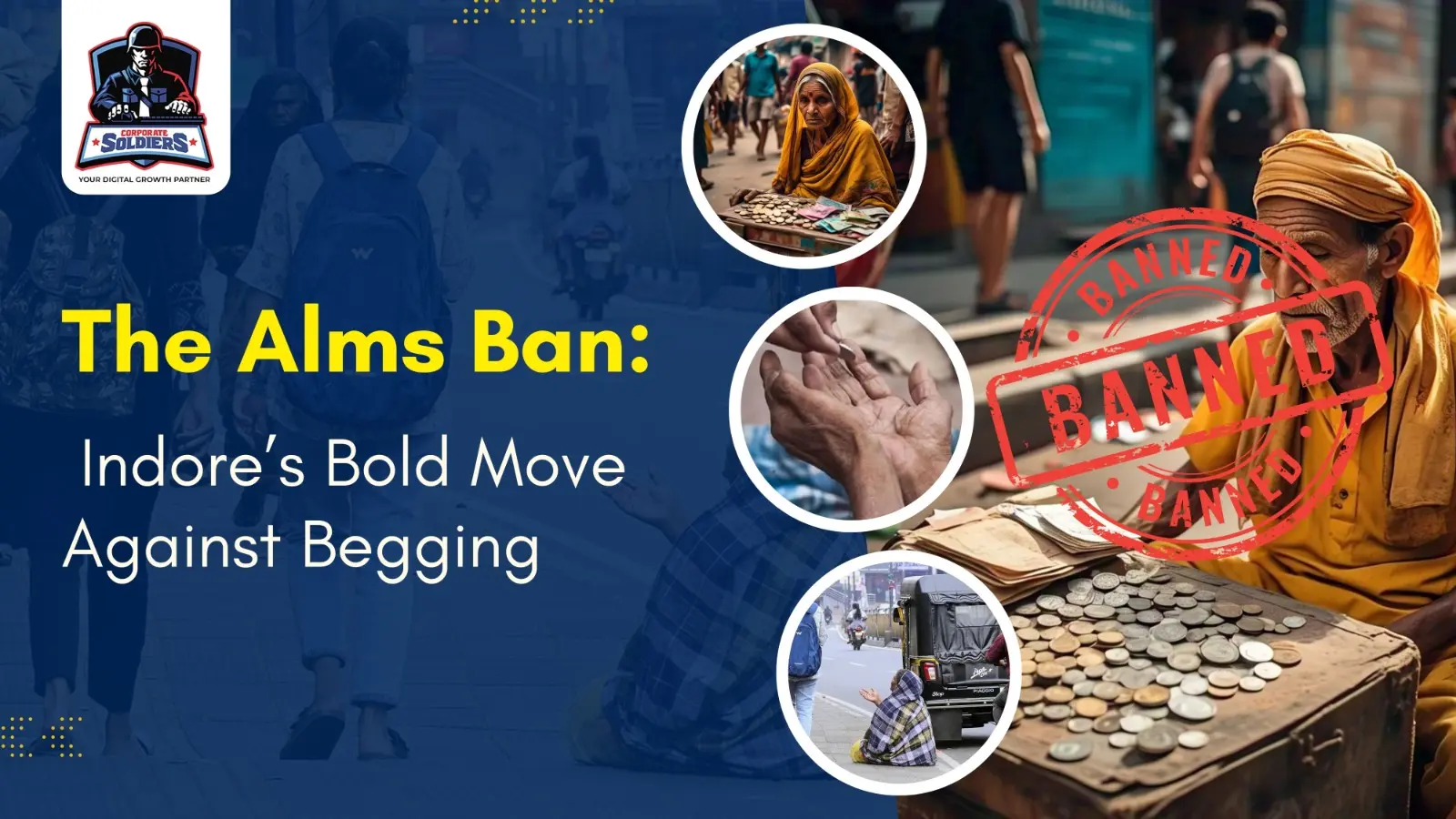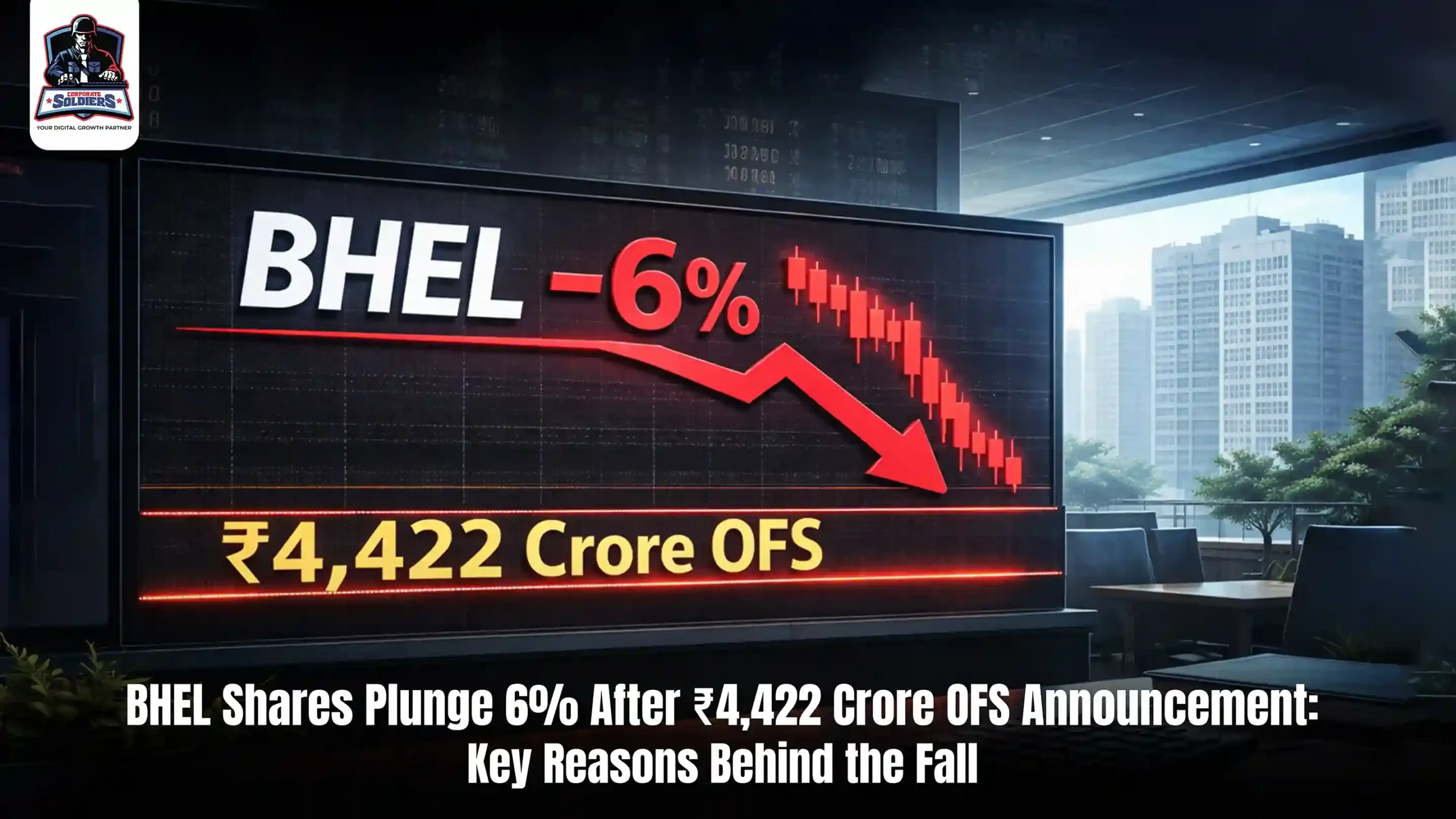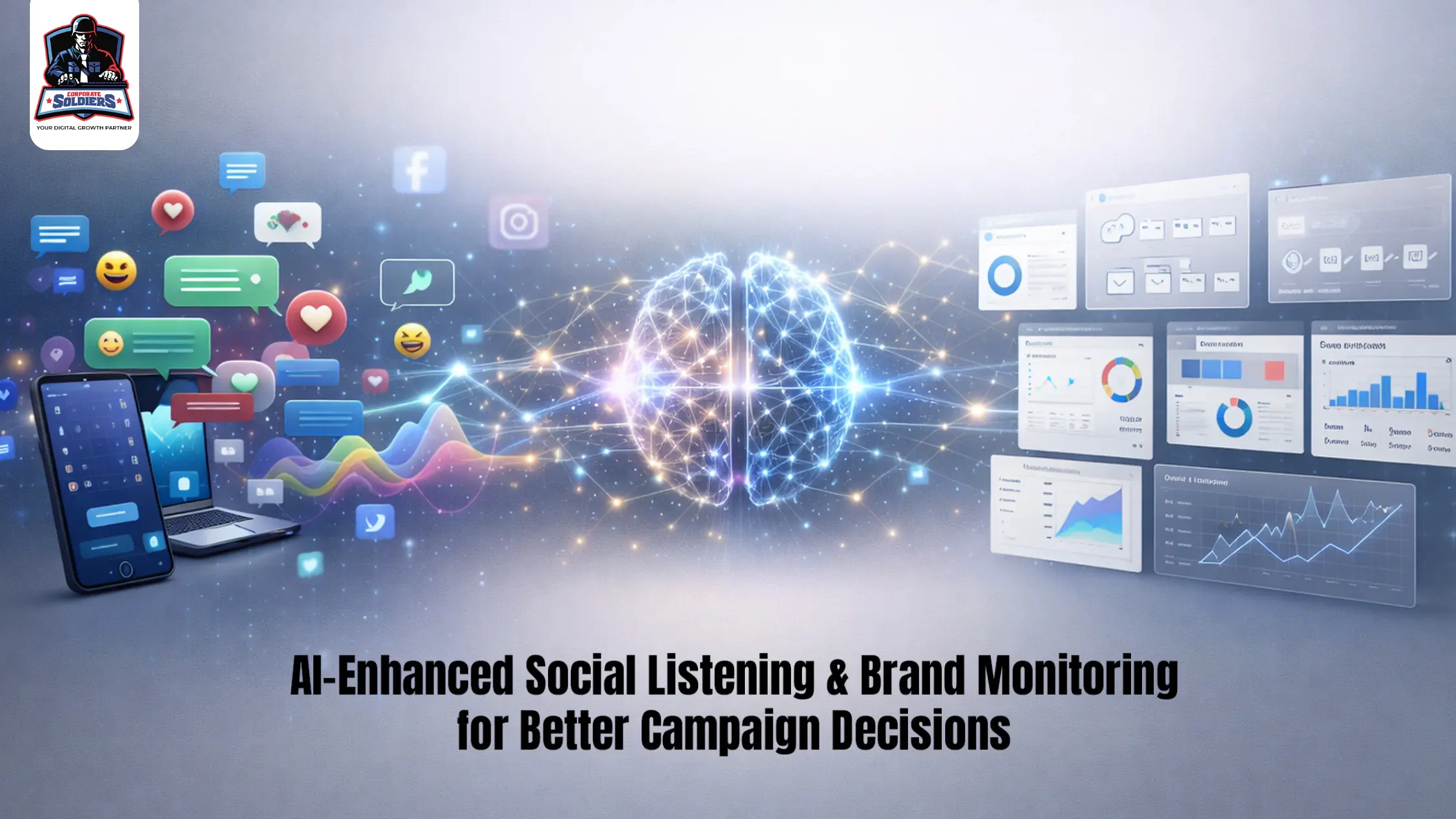“Never stand begging for that which you have the power to earn.” – Miguel De Cervantes
There is a tinge of kindness inside each of us, and this certain feeling makes us human. It’s a basic instinct, an urge to help those in need. However, what if the act of kindness is a crime? Would you remain committed to these random acts of kindness? It’s a dilemma whether to follow the law or your heart. Yes, this is not some hypothetical or imagined scenario but an actual occurrence. Recently, Indore took charge of this socio-economic problem and rummaged into the core problems associated with begging. And with such a move, Indore became the first city in India to put a ban on alms.
Indore always takes a leap ahead of other cities, be it cleanliness or something else. This time, though, it was a whole new level of cleanliness. Giving alms to beggars is now illegal in Indore, leading to the prosecution of those who do so. District authorities have made it clear that feeling sympathy for beggars isn’t enough. This February, Indore’s district collector, Asheesh Singh, counselled beggars why they shouldn’t beg, and many of them pledged not to do so.
The Outlook Behind The Move:
It’s not a matter of whether this move makes you a heartless person but to see the vision behind it. The authorities believe and have seen the pattern, a pattern of an organized exploitative cycle. Though unintentionally, alms still contribute to this cycle. Often we have seen the amputated beggars on traffic signals and footpaths, but what if this all is a part of an organized crime? Officials believe that organized begging mafias or rings exploit destitute children and vulnerable people, coercing them into begging. The outlook behind this move, thus, is quite clear. Of course, if we want to cripple this system, we must sever their funding and rather offer rehabilitation. Authorities believe and hope for the exact outcome.
Though it still sounds like a utopian dream to achieve, however, if this turns fruitful, Indore will set an example for all the cities. To eradicate poverty and visualize a better future for everyone, the quick-fixes are never enough. Thus, alms do not help those people in need.
The Nuances of Compassion:
Since the news broke, a debate has ensued. Just as a coin has two sides, opinions differ among people. While some people applaud the authorities for addressing this complex issue, since alms never can eradicate poverty-related issues. On the other hand, compassionate voices are resonating out loud. They believe that alms are not degrading but rather an act of human empathy, and these acts of spontaneous kindness are what keep humanity alive. They believe the law unfairly targets those who help, instead of the root cause. The sentiment is resonating loud and clear that criminalizing a fundamental human instinct is wrong.
The Dilemma:
This is a real ethical dilemma for us, wouldn’t you agree? Envision yourself walking past a starving child in need. How could you ignore their wretched outstretched hands? Is it possible for you to ignore those lurking bones in their bodies or their moist eyes? Thus, this creates a moral conflict for all of us, a battle between law and our conscience.
Post-Ban: What’s Next?
Since all eyes are on Indore in anticipation, the question remains: ‘Will this initiative succeed?’ And also there are other questions arising on the surface of whether sufficient rehabilitation programs are available for people who are living on the streets. Will genuine efforts be made to solve the root problems of begging, exploitation, lack of education, and poverty?
Final Word:
What’s happening in Indore mirrors a global issue. The persistent questions are buzzing around the debate. How can we effectively tackle the complexities of begging and poverty? Is societal order more important than individual compassion and empathy? Indore’s bold move sparked this ongoing debate. Only time will determine whether it is the best option or not. Nevertheless, it shows that addressing social issues has rarely been straightforward; it often compels us to confront uncomfortable aspects of our community.
What are your thoughts on this? Do you see this approach as a setback or an advancement? Don’t hesitate to share your thoughts.
Written by Manisha Singh










